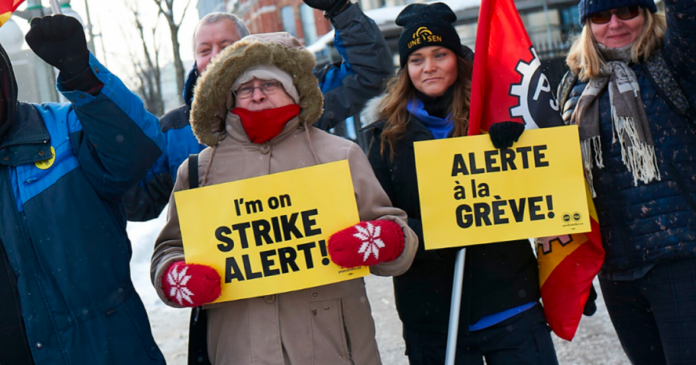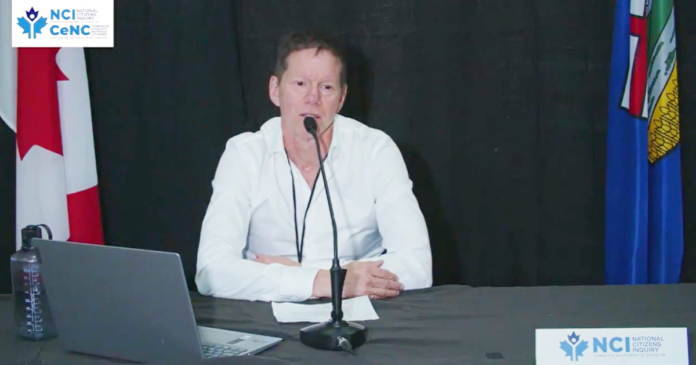The federal government is renewing its push for a ban on what it calls “assault-style firearms” with a proposed suite of amendments to its gun control bill C-21.
Public Safety Minister Marco Mendicino announced the changes Monday, saying they “would ensure that any future government will have a very, very difficult time making assault-style firearms legal again.”
Mendicino said amendments to Bill C-21 and Canada’s ban on AR-15 “assault-style firearms” will include a standard technical definition containing.
“This definition which would apply going forward would be inserted into the Criminal Code,” he said. “It provides the clarity that gun owners and industry leaders need and the protection that advocates have long called for.”
Mendicino also said the regulation will remove the burden away from gun owners, and make manufacturers responsible for classifying their firearms “because they do have a responsibility in keeping our community safe.” Those actions, he continued, flow from recommendations of the Mass Casualty Commission’s final report.
According to a news release from Public Safety Canada, the technical definition would cover firearms designed and manufactured after Bill C-21 comes into force and not impact “the classification of existing firearms in the Canadian market.”
Mendicino also said the federal government would crack down on ghost guns, firearms produced without serial numbers.
“These amendments will make it a criminal offence to make any illegal ghost gun either by buying firearm parts or by using 3D technology.”
The Canadian Coalition for Firearms Rights said Mendicino and the Liberals are continuing to make law-abiding gun owners a priority in their attempt to slow violence in Canada.
“As we’ve said all along, this is about polarization and votes. If the Liberals truly cared about public safety, they’d repeal their (2019) Bill C-75,” said spokesperson Tracey Wilson.
“Law enforcement across the country has asked for this. Instead, we get gun bans and misinformation.”
Wilson also said the federal government would deal with Canada’s pressing issues, like the opiate crisis, an explosion in gang violence, bail reform, and a marked decline in mental health if their concern was “genuine.”
“These are the determinants of violence with or without firearms. But they have prioritized gun bans above all else, the measure with the least potential to yield results.”
Ottawa also plans to reinstate the federal firearms advisory committee that will make recommendations on the classification of guns now on the market.
In May 2020, Prime Minister Justin Trudeau announced he was banning more than 1,500 models of firearms, including guns explicitly used for sport shooting and hunting. The Parliamentary Budget Officer said the program will cost $750 million. Those costs could balloon to $1 billion once administrative fees are taken into account.
The buyback program would require firearms owners to sell their guns to the government or have them rendered inoperable at federal expense.
In October, police witnesses told the House of Commons Public Safety Committee that police services in Canada are operating at minimal levels already. The committee is studying Bill C-21, proposed legislation through which Trudeau’s order in council would become law.
Editor’s Note: This article was updated to include comment from the CCFR.



























